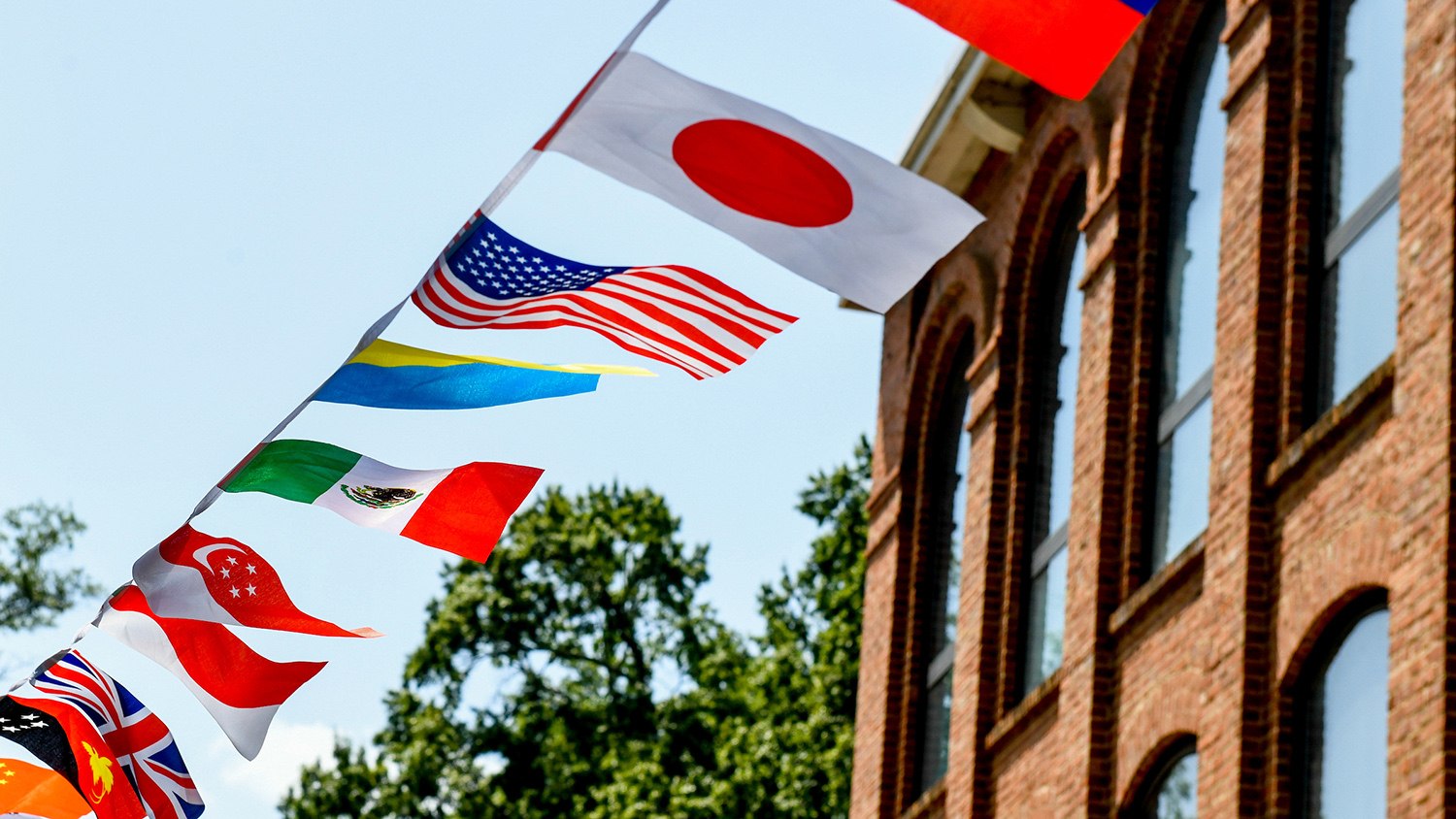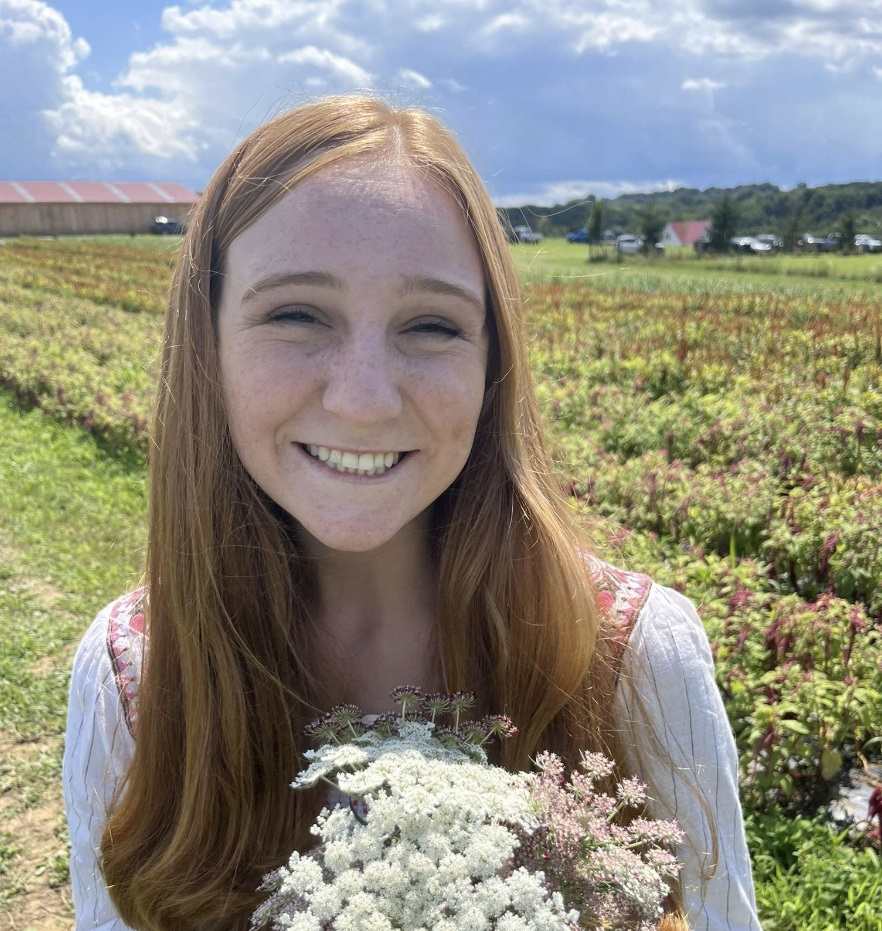At the WHO, Alum Aims to Remove Barriers Across the Globe
When Lianne Gonsalves enrolled at NC State in fall 2006, she admits her post-college plans needed some work. “I had no idea what I wanted to do after graduating,” she joked in reflection.
The Park Scholarship recipient initially enrolled in biological sciences to consider a possible career as a doctor. However, while fulfilling NC State’s general education requirements, Gonsalves started to chart her own unique course of study.
She took a couple of courses in the humanities and social sciences, including one in international studies. She enjoyed the class so much that she added international studies as a second major at the end of her freshman year.
“This whole world kind of opened up for me,” said Gonsalves, a class of 2010 graduate who also earned a minor in Spanish. “I discovered international relations, diplomacy and development, and came out of school looking to put it all together.”
And she has. Working as a technical officer at the World Health Organization’s Department of Reproductive Health and Research, Gonsalves studies how to better connect young people with information and services related to their sexual and reproductive health.
Gonsalves specializes in digital health, and researches how countries can use mobile phones and other technologies to reach populations likely to have issues accessing health information and services, such as young people, LGBTQ populations and other groups.
“Traditionally, validated information about sexual and reproductive health is typically found at health facilities,” Gonsalves said. “However, knowing that many young people may not be comfortable with or have access to those places, we want to find alternative ways to provide information when they want it, through a medium with which they’re comfortable.”
Gonsalves occasionally travels across the globe for work, but her office is based at the WHO’s headquarters in Geneva, Switzerland. Living abroad is nothing new to the Cary, North Carolina, native, whose extensive experience overseas started at NC State.
During her sophomore year, Gonsalves attended NC State’s Ethnographic Field School in Guatemala. The program, directed by anthropology professor Tim Wallace, was her first introduction to a developing country and the formal research process.
“It was a very intense, 7-8 week course of anthropological research and the first time I immersed myself in a culture that was not my own,” Gonsalves said. “Looking back now, I can really appreciate the opportunity that was afforded me at a nascent stage in my education.”
Learning by doing was a theme during Gonsalves’ undergraduate career, as she also participated in two internships with the United States Department of State — one in Washington and another in Honduras. While on NC State’s campus, she also served as president of the Ballroom Dance Team, was a coxswain for the Rowing Club and a member of the Order of Thirty and Three, Phi Beta Kappa, and University Ambassadors. The university selected Gonsalves to deliver the student address at the 2010 spring commencement ceremony.
After graduation, Gonsalves spent a year teaching Spanish in Venezuela as part of a Fulbright scholarship. Then in 2012, while earning her master’s degree in public health at Johns Hopkins University, Gonsalves studied family planning practices in Ethiopia on a Boren fellowship. She’s worked at the WHO for the past three years.
Today, Gonsalves remains in touch with several current NC State students as a mentor through the Park Scholarship program. She said many of the students struggle with the same questions she had freshman year.
“I’ve had freshmen call me and say, ‘I don’t know what I want to do with my life,’” Gonsalves said. “I tell them, ‘You’re 18; you’re not supposed to.’
“For me, I came in possibly wanting to be a doctor and not knowing anything other than that,” she continued. “But by taking advantage of the interdisciplinary resources that NC State offers, I found something I truly wanted to pursue.”
- Categories:


